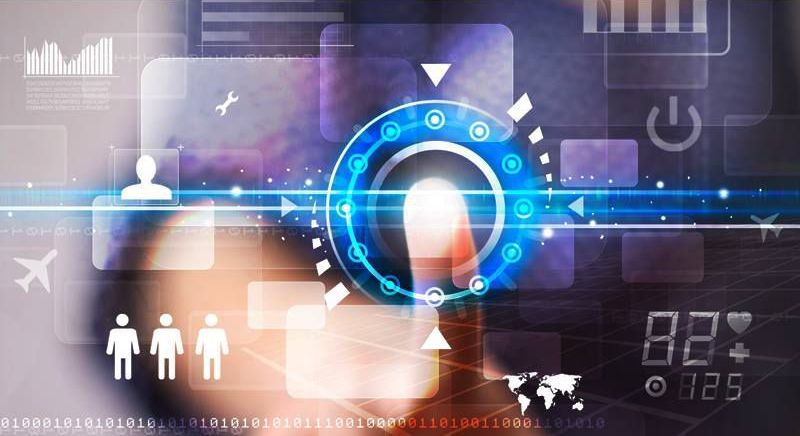
To understand what the future of internet connectivity will be, you have to understand several things. First, you need to understand how people connect to the internet right now. Most people do not know anything about how the internet works besides that they pay their ISP every month for internet access, and that they put a password into their computer to access wifi from their router.
Second, in order to understand the future of internet connectivity, you need to understand how the internet infrastructure works. Some people know that there is a wide web of network cables around the world that help this to happen (hence the name World Wide Web). Even less are aware of the existence of internet hubs. However, almost no one really understands the complexities of the internet besides people who work directly for and with ISPs. Even then, few of these people really understand how the infrastructure works.
Third, you need to understand the limitations of present internet connectivity and how the ISP giants maintain an oligopoly (like a monopoly but where there are just a few parties involved instead of just one) by capitalizing on these limitations.
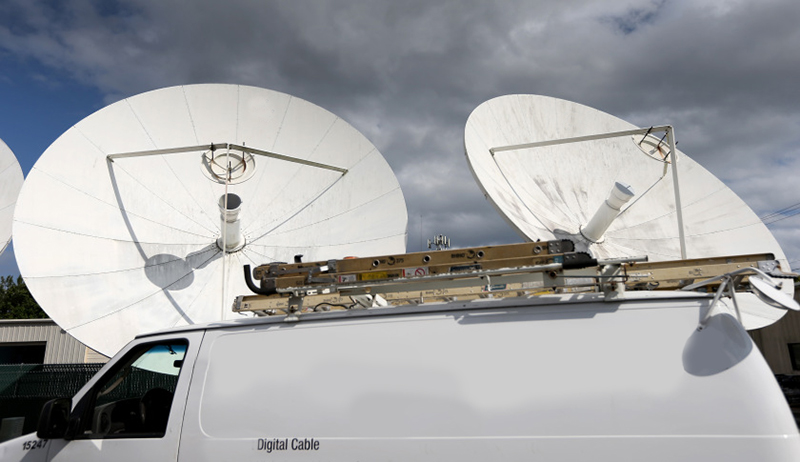
Lastly, you need to understand the reasons why people want to connect to the internet in the first place. Nowadays, people take it as second nature that we all have access to the internet. We have it on our phones, tablets, computers, laptops, and even an array of other devices making up the Internet of Things, such as refrigerators, televisions, homes (smart houses), and an array of other internet connected items.
The Future of the Internet of Things
However, despite the fact that more and more items are added to the Internet of Things every year, the reality is that this is a convenience – and a convenience that relatively very few people actually take advantage of (due to the higher cost of such items). However, that is not the only reason – also, more and more people are becoming increasingly afraid of utilizing these high-tech smart devices due to the dangerous growth of Big Government which is taking away the privacy and rights of citizens. This fear multiplied exponentially upon the release of the NSA spying documents which gave evidence to everyone’s greatest fears.
As a result, the future of internet connectivity may not encompass the Internet of Things very much. Although technology corporations love to create commercials and movies showing the future as this high-tech Orwellian society where every object is automatically controlled by internet-connected devices, the truth is that this probably will not occur, thanks to the evil of Big Government taking advantage of this vulnerability as a way to spy on ordinary citizens by adding all this information to Big Data.
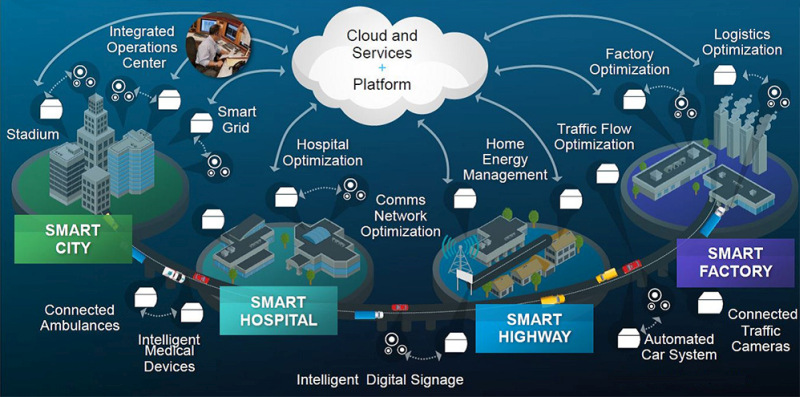
The Internet of Things and Orwellian Society
Even though a world where computers in everything would be very convenient on one hand, the only way this would be beneficial would be if there was no Big Government there to use it in an evil and invasive way. Because they can and do use these objects to watch and track us every day, the Internet of Things can never truly come into fruition – at least, not without massive brainwashing and drugged subjects that is technically already occurring.
Would it be cool? Yes. Would it be dangerous? Yes. Would it be deadly? Yes. While on one hand lives would be more convenient, on the other hand people would lose total control of their lives, because internet-connected devices monitor every aspect of people’s lives. People will no longer be free to think freely, talk freely, or act freely.
It will be very similar to Martial Law in that the government will have full control of every citizen’s lives, forcing them into compliance using the fear of punishment or death to follow abstract laws which have no basis in morality or ethics. This is very dangerous because it means that an elite group of rich and powerful individuals will have the power to force the general public into servitude, quite literally making them slaves of the system.
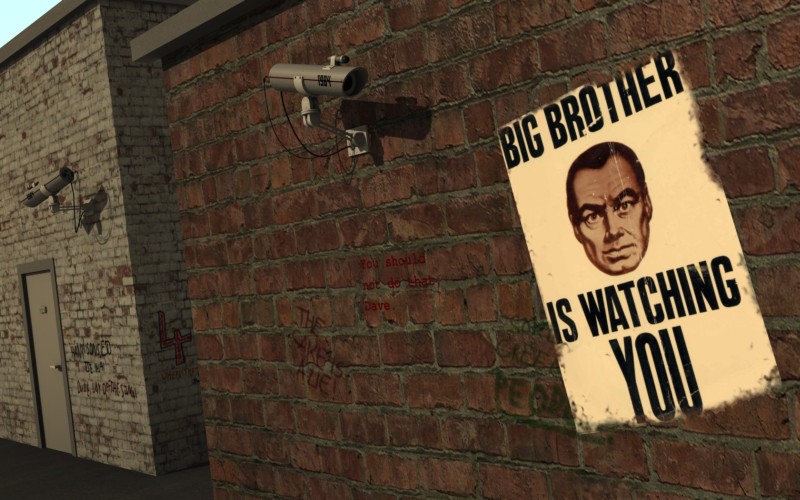
Right and wrong are thrown out the window and people are forced to follow made-up laws they they never had any say in and that only benefit the global elite. Since people are watched in everything they do, say, and eat, and people they talk to, from the moment they awaken until the moment they fall asleep at night, those in power of lawmaking can make a law for any reason to force the people into fear and servitude.
People can be forced to eat certain things, take certain drugs, they are not allowed to say anything that does not conform to a set amount of words, they are not allowed to associate with the people they want to, and they are forced to work jobs that provide them no true benefit but that only ultimately benefit the global elite.
Since people are watched 100% of the time by advanced technology, people become slaves, not free to utilize their own God-given rights as human beings. What is really scary, is that all of the above which is quite literally straight out of a science fiction novel, is really happening today.
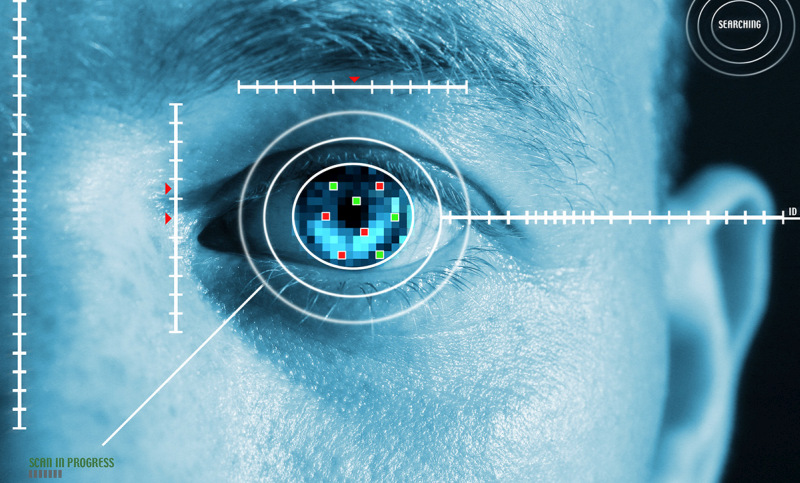
The Future of Internet Connectivity
However, when I say, “the future of internet connections”, I am not referring to the internet connectivity of devices like is romanticized in science fiction films. Although, the above is certainly relevant. My greatest hope is that pushback from the awakening of privacy-focused people prevents our current Orwellian society from spinning much further out of control than it already is.
Instead, what I refer to is the future of the ability to actually connect to the internet. To reiterate, the first thing to understand is how we currently connect to the internet.
How do we currently connect to the internet?
Currently we connect to the internet through physical hardware cables that run to practically every house and neighborhood in the world. These wires are plugged into short-range wireless routers which provide either a wired or wireless connection to consumer devices like computers and cell phones.
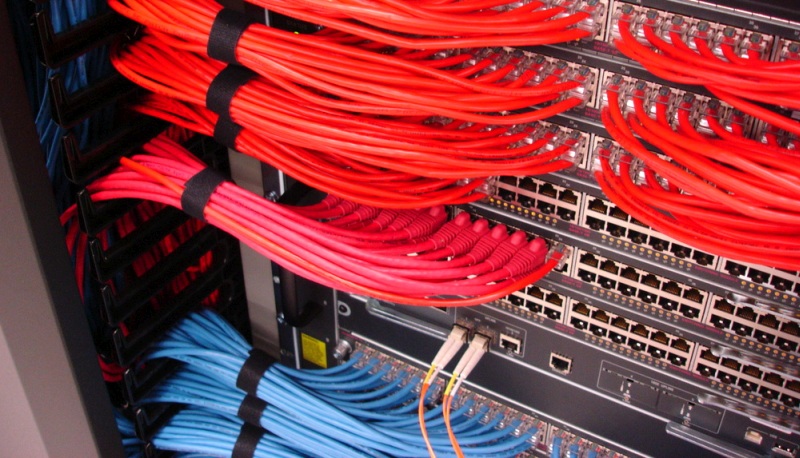
Additionally, we connect to the internet through a vast network of radio towers dubbed “cell phone towers” due to their usage, and these towers provide a medium-range wireless signal that can be picked up by cell phones and other mobile devices, allowing us to connect to the internet away from our home wired connection.
How does the internet infrastructure work?
Next, let us understand how the internet infrastructure works. It is very, very complicated and too complex to go into with much detail in one article. However, let me describe it briefly. The internet is made of of a network of computer servers around the world. For example, this website is hosted on a dedicated server in a secure datacenter somewhere in the world.
A server is basically a computer, except that this computer which is located in a datacenter is designed for a different usage than home computers, so it is much more powerful, with far more storage, and has a much closer connection to internet hubs than your home computer. A server also looks a little different than a home computer, since it is usually in a server rack; however, it still contains the same basic components: a hard drive for storage (HDD or SSD), a microprocessor, RAM, and an internet connection.
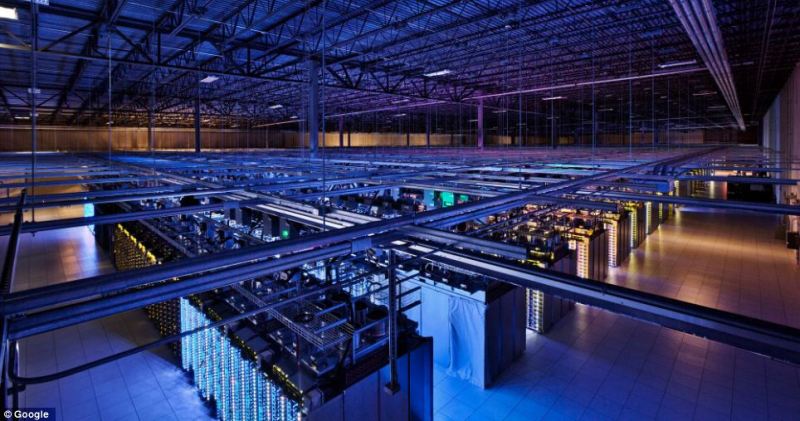
Let’s talk about the world wide web infrastructure. There are internet “backbones”, basically large hubs, which there are a few in the world. There is one in New York, one in Los Angeles, and a few others around the United States. It is similar in other countries. There are only a few of these big internet backbones in the world. These internet hubs contain hardware for an extremely fast internet connection.
These big internet backbones are directly connected to each other through massive cables. There are even cables that are literally buried along the entire ocean floors, and this is how countries communicate on the internet across oceans. If one of these cables is damaged through, say an earthquake, there will be a major internet outage until it is repaired.
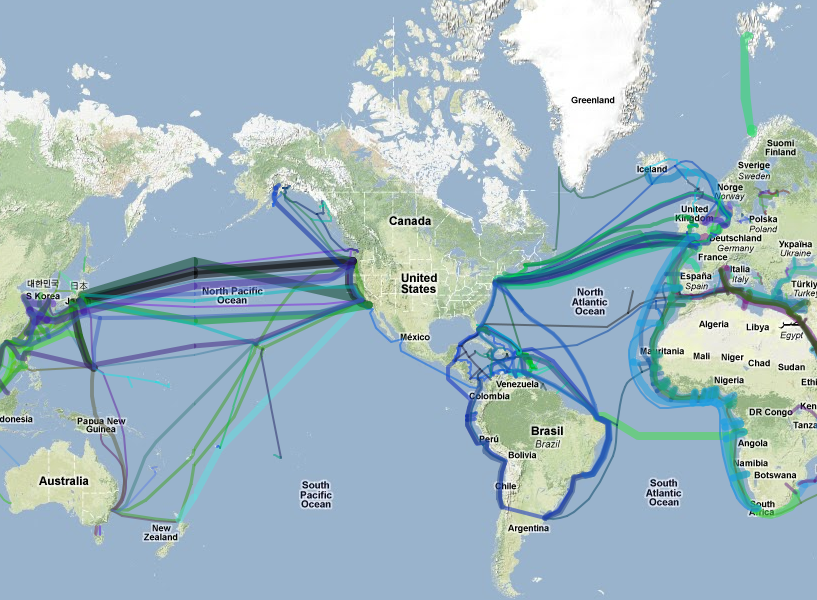
Next, there are smaller hubs which connect to the bigger internet backbones. There are many of these around the world. The smaller hubs connect through each other and some connect through the major internet backbones. Lastly, there are ISPs. ISPs usually connect to the smaller hubs. I’m not sure if any ISPs connect directly to major internet backbones, but I am sure some of the biggest probably do. Then each ISP manually lays cables to every neighborhood, office building, and house in the world, and that is how consumers connect to the internet.
How do oligopoly ISPs maintain control over the internet?
Now that you understand a little more about how the internet works, it is important to understand how the oligopoly Internet Service Providers (ISPs) maintain control of the internet. Basically it is just by locking out individuals from accessing the major hubs or backbones, because they have made sure to have laws passed preventing just anyone from connecting to the internet hubs without having millions of dollars, since they have the FCC and lawmakers in their pocket.
Since less than 1% of the world has the millions of dollars needed to go through red tape so they can plug directly into the internet, home users who make up more than 99% of the world, and this also includes small businesses, are forced to go through large Internet Service Providers (ISPs) who have already spent the millions to gain this control.
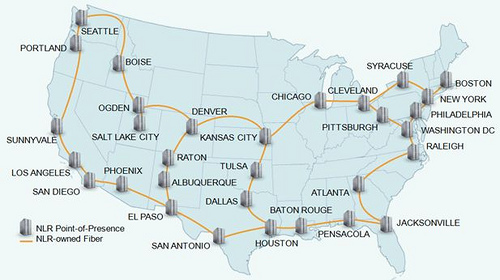
Basically, the internet is designed to be a money siphon to big business, and it is literally designed to prevent anyone from accessing the internet directly. This gives a few very rich executives power over the entire world’s internet and the free flow of information. Basically, the system is designed to give a few ultra rich people the power to prevent freedom of speech of the people. People are not allowed to freely share information or speak freely. The reason this happens is because the global internet system is designed to take the power away from the people.
Why do people need the internet?
This brings us to the final item – why do people want or need to have access to the internet anyway? Internet is about one thing and one thing only. Information. The internet allows the common people to be able to freely access information, and as a result this has allowed society to advance significantly, despite that fact that human intelligence (IQ) is actually declining.
As a result of the internet, it has enabled people to be able to mass together to share ideas, information, and instructions on important information in life. Although the internet also has provided entertainment, the truth is that the entertainment aspect of the internet is actually harmful to society (it causes people to waste time and energy), whereas the information aspect of the internet advances society and expands knowledge.
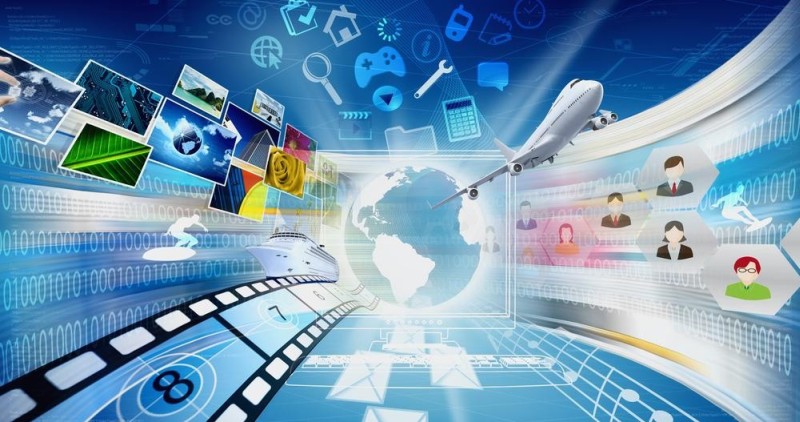
For example, now someone with no skill or experience in a certain area can share in the knowledge of the most experienced and be able to try, or at least attempt, that task in a way never before possible in the history of humanity for the common people. For example, say a person wants to fix a car? There are tutorials on the internet for practically every car and automotive problem in existence. Want to build a boat? Look it up on the internet. Don’t know what to bring to a social gathering? Look it up on the internet.
Need to grow food but don’t know how? Easy, just look it up on the internet. Don’t know how to cook a certain food? Look it up on the internet. Don’t know how to read? Ironically, you can look it up on the internet and learn how to read. Need to speak to foreigners? Look up some language learning on the internet. Need to build a house? You can even find this on the internet. Now food, transportation, security, basically everything humanity needs to survive, as well as almost everything needed to survive well, are all freely shared on the internet. The internet has even enabled me to do my job on the internet as a writer.
Additionally, freedom of information and freedom of speech go hand-in-hand. The internet has been so instrumental in political decisions that whole countries (like Egypt) have banned entire websites (like Twitter) because it allows the masses to have a voice over tyranny. However, it is also important to note that the internet is also used by tyrannical governments and corporations to manipulate, deceive, and brainwash the people through the mass media.
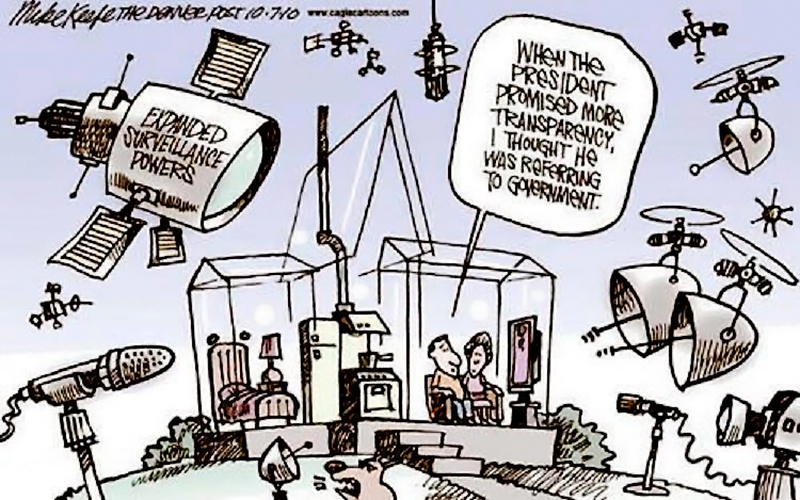
However, let us step aside from the obvious issues with how the internet can be abused by the powerful people. Mainly because the reason it is so widely abused is because there are no checks and balances, because the internet is ultimately controlled by the global elite, not the people.
In a nutshell, the internet is important because it allows the freedom of information which can have a directly positive (or negative in some cases) affect on society and human advancement. However, due to the present controlled infrastructure, people do not have free access to free information, ironically.
Proposed solutions for the future of the internet
Once you understand how the internet actually works, it is clear that the real reason why the internet is limited is because it is designed to be that way through a system of physical wires, internet backbones, and hubs that are directly controlled by huge corporations and governments which are designed to specifically prevent regular people from being able to directly access the internet.
So, now that you understand a variety of elements about the internet, it’s time to talk about the future of the internet. Based on the limitations of the current internet, it seems that the best solution is to allow every individual in the world direct access to the internet. Not direct access through an ISP which goes through a system of backbones and hubs which is controlled by the government. The very way we access the internet needs to be fundamentally changed.

It seems clear to me that the future of the internet is wireless. That is, not that we access wifi anywhere in the world that is from a short-range router connecting to an ISP going through a hub connecting to a backbone controlled by the government. No. Wireless, direct, peer-to-peer access to the internet.
Conspiracy to criminalize peer-to-peer internet
There is a very big reason why the government and the media industries are working so hard to criminalize peer to peer filesharing. Recognize that peer-to-peer (P2P) just means bypassing the corporate and governmental internet infrastructure. Peer-to-peer, in other words, direct sharing of information, is the entire point of the internet! This is the entire reason the internet exists.
The reason why the government and big corporations hate peer-to-peer so much is because it is cutting out the middle man (or many middlemen). If they did not fight it, then eventually information would be free and the government would be allowing the whole world to really have freedom of speech, without the government and ISPs getting a cut!
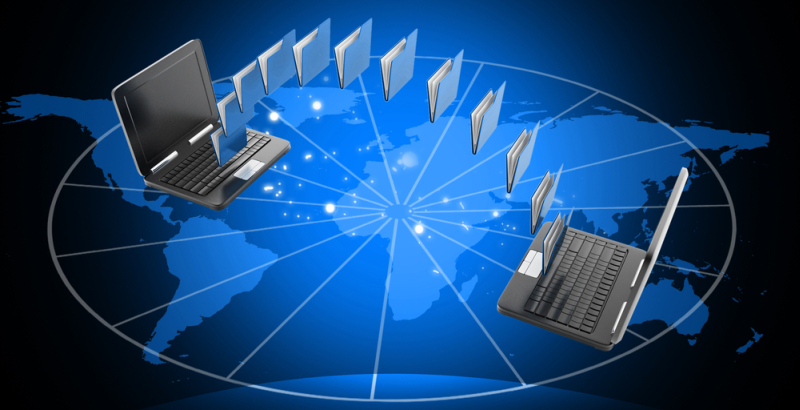
Peer-to-peer internet is like 2 people having a conversation. Our current system of internet access is like 2 people having a conversation but they are only allowed to say whatever the government or some other 3rd party approves them to say. Can you imagine trying to talk to your friend but having a 20 foot tall giant standing between you and your friend and putting his giant hand over your mouth if you say something he doesn’t like? Well that is what is happening with the internet right now.
The reason the internet is valuable is because it allows people to freely share information and ideas. However, our current wired system does not allow people to freely share ideas – although it does sometimes but only because you got past the big corporations and government and didn’t upset them enough or didn’t have a high enough profile. And if you keep going, you will be silenced sooner or later with the existing internet system.

Solution: Global Ultra Long-Range Decentralized Wireless Internet (GUD-WI)
Something needs to change if we are to have an effective internet. I propose that the only way we can really do this is to literally cut out the middleman. And, it appears, that the only way to truly cut out the middleman is to make a global, ultra-long-range wireless internet in which every computer has the capacity to directly connect to the internet. Let me dub the term GUD-WI (Global Ultra Long-Range Decentralized Wireless Internet). Pronounce it “Good-Why”.
Of course, there is a downside to such an internet, but the downside of it is negligible compared to the downside of a totalitarian internet structure. The downside of GUD-WI is that there are less firewalls between devices, which means there is a susceptibility to hackers. However, this is easily remedied by giving devices a physical wireless on-off toggle as well as using advanced encryption.
Even today, hackers could drive by any home and try to hack the wireless connection. However, if the connection is secure and the password is advanced, the hacker doesn’t really have a chance. And even today, any hacker has direct access to anyone’s PC – it is just wired (through wired hubs), not wireless.
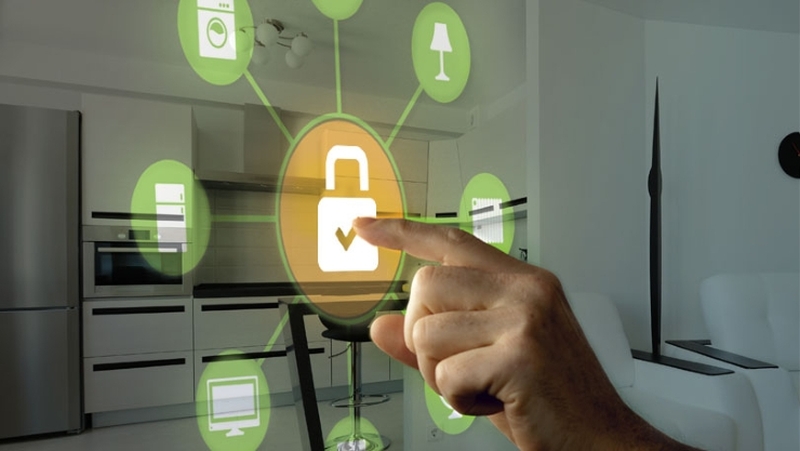
A GUD-WI system would not really be any less secure and would not really be any more susceptible to hacking than the current infrastructure. Moreover, with a global GUD-WI standard, security encryption would only need to compete with a single encryption standard, not thousands like our current internet system.
How do we implement GUD-WI?
However, this then creates two big questions: 1) how do we implement this Global Ultra Long-Range Wireless Internet system? and 2) How can we ensure compatibility with devices?
With recent advances in wireless technology, the answer to GUD-WI implementation is easy. Well, not so “easy”, per-se, but completely within current technological confines – that is to say, we don’t need to wait for more advanced technology. We are able to do it today.
The second question is also easy. Firstly, people are presently paying thousands of dollars a year (or even month!) between internet, cable, and cell phone bills. Since there would be no more need to pay for internet access, even spending hundreds of dollars to make all your devices compatible with GUD-WI is nothing compared to the savings, and every year after year 1 is 100% profit (for consumers).
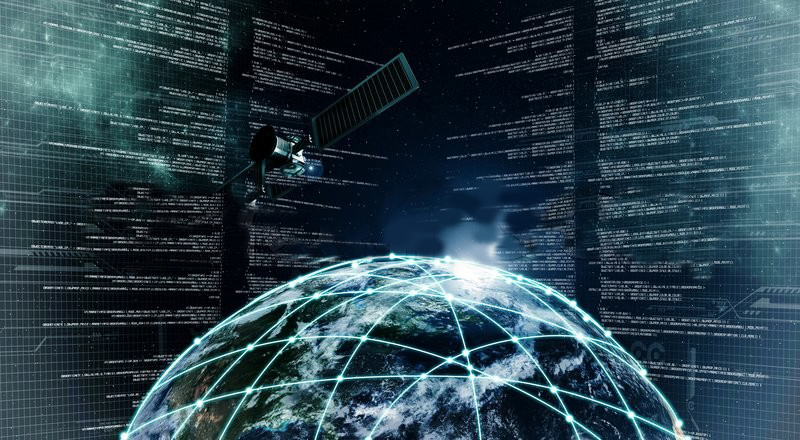
Solutions for GUD-WI implementation
There are two technological advances that enable GUD-WI to happen. First, is the development of Li-Fi. Li-Fi is 100s time faster than Wifi, and instead of using radio waves, it uses light. The downside with Li-Fi is that it requires LED lights and a modulator; however, this is a very minor downside. It only means with Li-Fi alone you can only use it indoors. Li-Fi is based off putting information into light. However, unlike the other method which I won’t get into yet, Li-Fi works by modulating LEDs at an extremely high frequency (turning it on and off very fast).
Li-Fi can also be used outdoor using very powerful LEDs. Keep in mind that LEDs can be modulated so that they blink so fast the human eye cannot detect there is any light at all, so you can have an LED which appears off, but yet is able to transmit Li-Fi at maximum speed.
The other technological advancement is quantum computing. Quantum computing is a broad term, but specifically I am referring to quantum teleportation, and the ability to embed information directly into photons. Our planet Earth has light day and night. During the day, by the sun; and during the night, by the sun reflecting off the moon. Moreover, at night people are usually indoors, where they can utilize Li-Fi.
GUD-WI compatibility with existing devices and networks
By combining Li-Fi and Quantum Computing, we have the technology to give everyone in the world free access to the internet. This internet will have practically zero maintenance required, and zero infrastructure is needed to access anywhere in the world. Anywhere where the sun shines or where you can put a generic LED light, people will have internet access at speeds that we can only dream of from our current ISPs. No cable bill will need to be paid. No ISPs will need to be called. No one will have to pay any money. And anyone with a device which either has native capability or an adapter, will be able to access it.
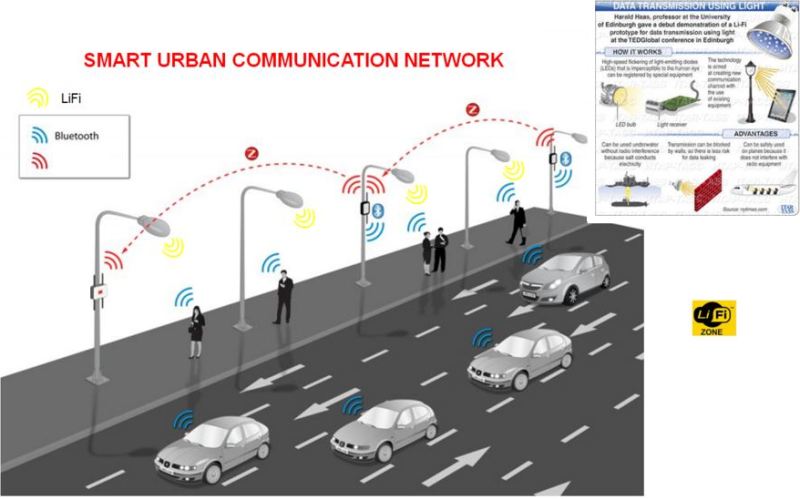
Moreover, we can still utilize existing routers and such so that we don’t even need to adapt older devices which use WiFi. Instead, just get an adapter for the router, and no more coaxial or fiber connection needed. All the router needs is plug in and immediately all wifi devices now have ultra fast internet, no ISP needed.
Please do note that yes, servers and datacenters still need to be run, because the actual physical servers are where the information for websites is actually stored. However, this cost was never a consumer cost. For example, you are a reader and you do not pay for TechReader’s dedicated web server and website infrastructure. No, the business and website owners are the ones who pay for the datacenter and server costs.
Sure, these costs can be paid for indirectly through advertising and other means, but you are not the one paying the server bill every month, that bill goes to the website or server owner. However, with the absence of ISPs, internet backbones, and hub maintenance, even the costs to businesses who maintain internet servers are surely going to save a lot of money on operational costs. Moreover, datacenters will have a much lower overhead.
A new industry arises: Micro-datacenters
Additionally, I can conceive the possibility of micro-datacenters (something I just came up with), which are not possible currently due to the way the internet is set up. This is because currently datacenters need to be plugged directly into a wired internet hub in order to handle high bandwidth. Such physical infrastructure would be a thing of the past.
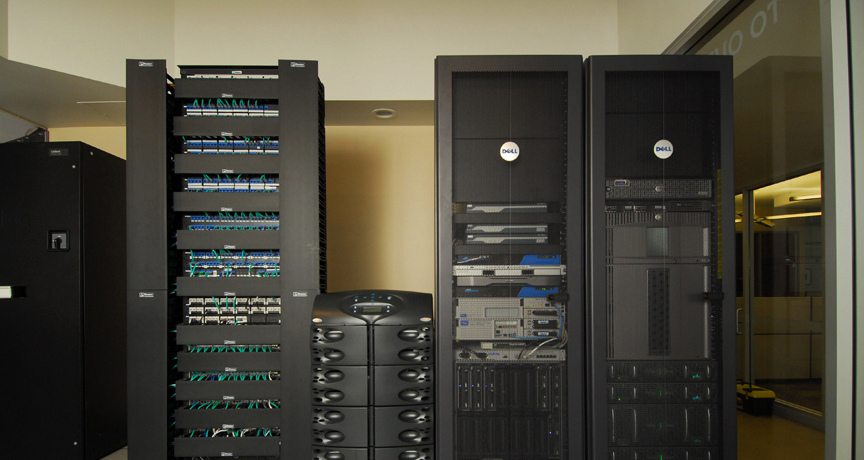
These micro-datacenters could be run by any small business who can afford a couple servers. The costs will go down exponentially now that there is no longer the requirement to pay hundreds of thousands or millions of dollars in laying fiber optic cables, red tape, and buying into the existing internet system. Instead, just buy a few servers and add a GUD-WI adapter and instantly you are connected to the global high speed internet system.
The only cost for these micro-datacenters is electricity and server maintenance, which is considerably less expensive and significantly easier than trying to get connected directly to an internet hub. It is also much, much faster, just plug and play, instead of waiting months or years to get ISP and hub contracts established and physical cable infrastructure in place. An entirely new micro-datacenter industry is possible, increasing jobs as well as global internet stability and redundancy.
The future of internet connectivity: GUD-WI
So when I said, the future of internet connectivity, GUD-WI is what I am referring to. You won’t find GUD-WI anywhere else because I just came up with that acronym. Global Ultra Long-Range Decentralized Wireless Internet is compatible with all current consumer wireless devices with only an adapter, and no more ISPs, hefty monthly internet fees, slow internet, pesky ISP phone calls. “Good Wi[Fi]” is an appropriate acronym, since at its heart is ethical “goodness”, and it is good for everyone (except the evil elite).

No more businesses forced to pay overpriced highway-robbery $200 per month for 5 mbps internet. No more satellite dial-up speed internet for people living off-grid or in the middle of nowhere. No more huge cell phone towers ruining once beautiful landscapes. No more spending $5,000 for every few yards of digging trenches through people’s backyards and laying fiber optic internet cables. No more paying millions of dollars in extra taxes (above and beyond already exorbitant taxes) to support the existing tyrannical ISP internet structure.
And even more importantly, no more power in the hands of governments and large corporations to control the freedom of information. Anyone who can walk outside or who can get an LED light (which can be had for pennies) will have direct access to the global decentralized wireless internet hub. And no one can stop people from speaking their minds and utilizing their God-given right to freedom of speech without shutting down the entire global internet for the whole world, which will no longer actually even be possible.
The future of consumer internet connection is powerful, fast, easy, and utterly ubiquitous. Just turn on your device or plug in an adapter to your existing router (no modem needed), and instant free uncensored internet access. Now this, this is the future of internet connectivity.
Update: If this post interested you, I highly encourage you to check out my other post, “How To Create An Alternate Internet DNS System | Bypass Internet Restrictions, Censorship, And Even Bypass Total Internet Shutdown“, which further elaborates on how to further bypass internet restrictions by also bypassing the root DNS, utilizing a new DNS system alongside GUD-WI. It includes charts and diagrams.
What do you think about GUD-WI? Share your thoughts in the comments below.



